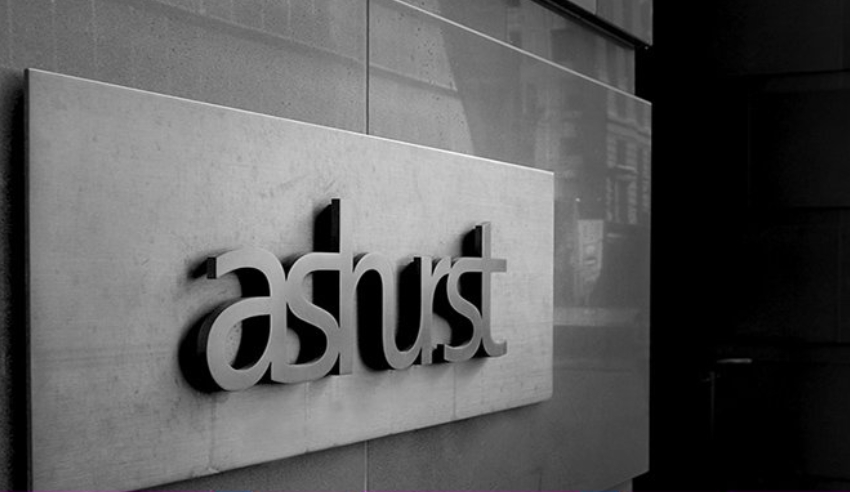The existence of two separate modern slavery regimes in Australia will have repercussions for the companies and commercial organisations required to report on their business practices, a BigLaw firm has advised.

Ashurst’s FWD: Thinking publication entitled ‘What are your top workplace priorities for 2019?’ provided information on the Modern Slavery Act 2018 (Cth) and the Modern Slavery Act 2018 (NSW) and their respective applications.
The article’s authors noted that primary operative provisions of the NSW act will not apply to a commercial organisation if it is subject to obligations under a law of the Commonwealth that is prescribed as a corresponding law, so it is likely that only the Commonwealth act will apply to most commercial organisations.
The NSW act generally applies to entities with an annual turnover of $50 million or more, and that have employees in NSW, the article explained, with affected entities able to be fined more than $1.1 million for non-compliance with reporting obligations.
However, entities turning over more than $100 million will likely be covered by the Commonwealth act.
For such organisations, Ashurst stated that there are currently no penalties for failure to comply with reporting obligations, or for the provision of a false or misleading report, with the Commonwealth act expressly not permitting the creation of offences or civil penalties, which has been cause for concern for the Law Council of Australia previously.
The authors did state, however, that deterrence measures could include the publishing of non-compliance details on a public register, which “may negatively impact the entity’s reputation and goodwill”.
Ashurst has advised entities that may fall within the scope of either act to review existing policies to monitor and combat modern slavery, as well as conduct audits on suppliers and supply contractors to identify and mitigate any modern slavery risks prior to the first reporting deadline.
Under the Commonwealth act, the article noted that reporting entities must provide their first Modern Slavery Statement within six months after the end of the entity’s first 12-month reporting period, which can be its usual financial year, starting from after 1 January, 2019.
Ashurst noted that it expects most reporting entities to release their first statements in 2020.
For the NSW act, it was explained that the date for its reporting has yet to be released, and will be pursuant to regulation.
Large companies can no longer turn a blind eye to the risk of modern slavery as human rights become business as usual, according to human rights lawyer Philip Chan.
Lawyers Weekly has previously covered Ashurst’s speculation on changes to workplace legislation if the Australian Labor Party is elected to government.
Interested in the issues shaping the in-house legal landscape? Don’t miss your chance to hear from local and global in-house legal powerhouses at the 2019 Corporate Counsel Summit!